Turkish police arrested cartoonist Dogan Pehlevan on June 30th after the satirical weekly LeMan printed a drawing widely interpreted as depicting the Prophet Muhammad. Prosecutors applied Article 216 of the penal code, which criminalizes “openly insulting religious values,” and issued warrants for several editors and layout designers linked to the issue. The steps came two days after the magazine hit newsstands and only hours after Islamist groups shared the page on social media, labeling it blasphemous. Interior Ministry footage released later showed officers escorting the hand-cuffed artist through the Istanbul Courthouse, underscoring Ankara’s zero-tolerance approach to perceived religious offences.
Legal Case and Government Response
Authorities claim the black-and-white illustration meets the penal-code threshold for fomenting hatred because any visual reference to the Prophet violates long-standing Islamic norms. Justice Minister Yilmaz Tunc called the image “a hate crime masquerading as art,” while President Recep Tayyip Erdogan used a televised speech to brand the drawing a “vile provocation” and to promise swift punishment for anyone “showing disrespect to our Prophet.” Police sealed LeMan’s newsroom for a full forensic search, loading archived copies and hard drives into evidence vans and announcing a review of the magazine’s three-decade back catalog for similar material.
LeMan argues the two characters in the frame are ordinary civilians—one labeled “Muhammad,” the other “Musa”—intended to symbolize the countless victims of Middle East conflicts, not religious icons. Speaking from Paris, editor-in-chief Tuncay Akgun insisted the publication never caricatures sacred figures and accused officials of seizing on a misreading to inflame public opinion. The magazine issued a brief apology to readers who felt offended but stood by the artwork and asked for police protection after death threats surfaced online.
Street Clashes and Policing
Public order deteriorated within hours of the arrests. Around dusk, several hundred protesters converged on LeMan’s office off Istiklal Avenue and on a nearby bar that often hosts staff gatherings. Video from independent journalists shows demonstrators chanting “Tooth for tooth, blood for blood” while throwing stones and plastic bottles at riot police. Officers replied with tear-gas canisters, rubber bullets, and pepper spray, then formed shield walls to push crowds into side streets.
Clashes resumed the next evening after small prayer groups staged sit-ins near Galatasaray Square demanding harsher penalties for “enemies of Islam.” Police deployed water cannon and detained another two dozen people, citing violations of a temporary ban on public assemblies. First-aid volunteers reported dozens of injuries related to tear-gas exposure, while the Istanbul Governor’s Office said two officers were hospitalized with minor wounds. Interior Minister Ali Yerlikaya defended the tactics, stating that security forces would “not remain silent in the face of attacks on our nation’s faith.”
Press Freedom and International Reactions
Turkey ranks near the bottom of global press-freedom indices, and the episode reignites debate over Article 216, which rights groups say is applied selectively to muzzle criticism of the government. The Turkish Journalists’ Union and PEN America condemned the arrests as censorship incompatible with democratic standards. Reporters Without Borders noted that more than 30 Turkish journalists are currently on trial for charges ranging from “insulting the president” to “terror propaganda,” and warned that using blasphemy statutes to silence satire widens the gap between Ankara and its European partners.
European Union officials avoided direct condemnation but said they were “monitoring the situation closely” against the backdrop of Turkey’s stalled accession talks. By contrast, several Islamic councils abroad praised the detentions, calling them a necessary defense of sacred values. The mixed reactions highlight the persistent friction between international free-expression norms and domestic anti-insult laws in majority-Muslim countries.
Outlook
Pehlevan and three co-workers remain in pre-trial detention; prosecutors have ten days to file formal charges that could lead to a one-year jail term. Defense attorneys plan to argue that the cartoon is protected artistic expression and that criminalizing subjective interpretations sets a dangerous precedent. LeMan also faces a potential closure order if a court rules that the publication “persistently insults religious values,” a designation that would allow authorities to shutter the magazine and confiscate its assets.
In the meantime, officials have blocked social-media posts showing the drawing and imposed an indefinite protest ban across central Istanbul. With the case certain to move through higher courts—and likely the European Court of Human Rights—the confrontation now tests Ankara’s stated balance between safeguarding public order and respecting freedom of expression. Whether the government can contain unrest without further eroding its press-freedom record will shape both domestic politics and Turkey’s relations with Western allies in the months ahead.




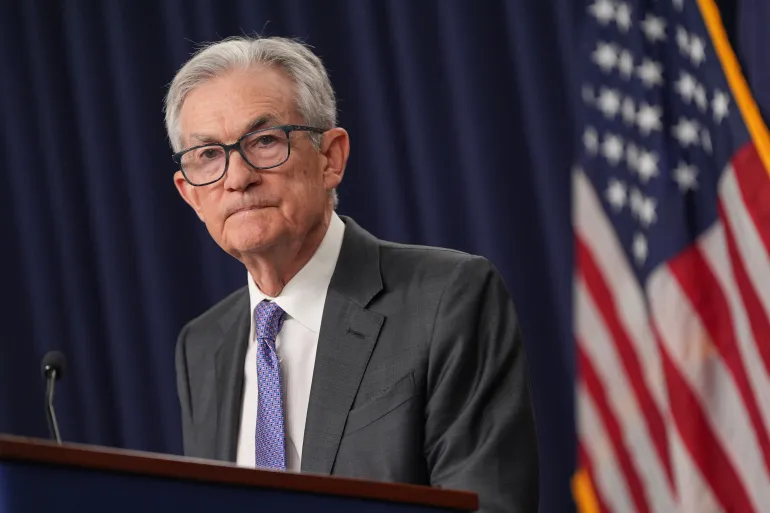
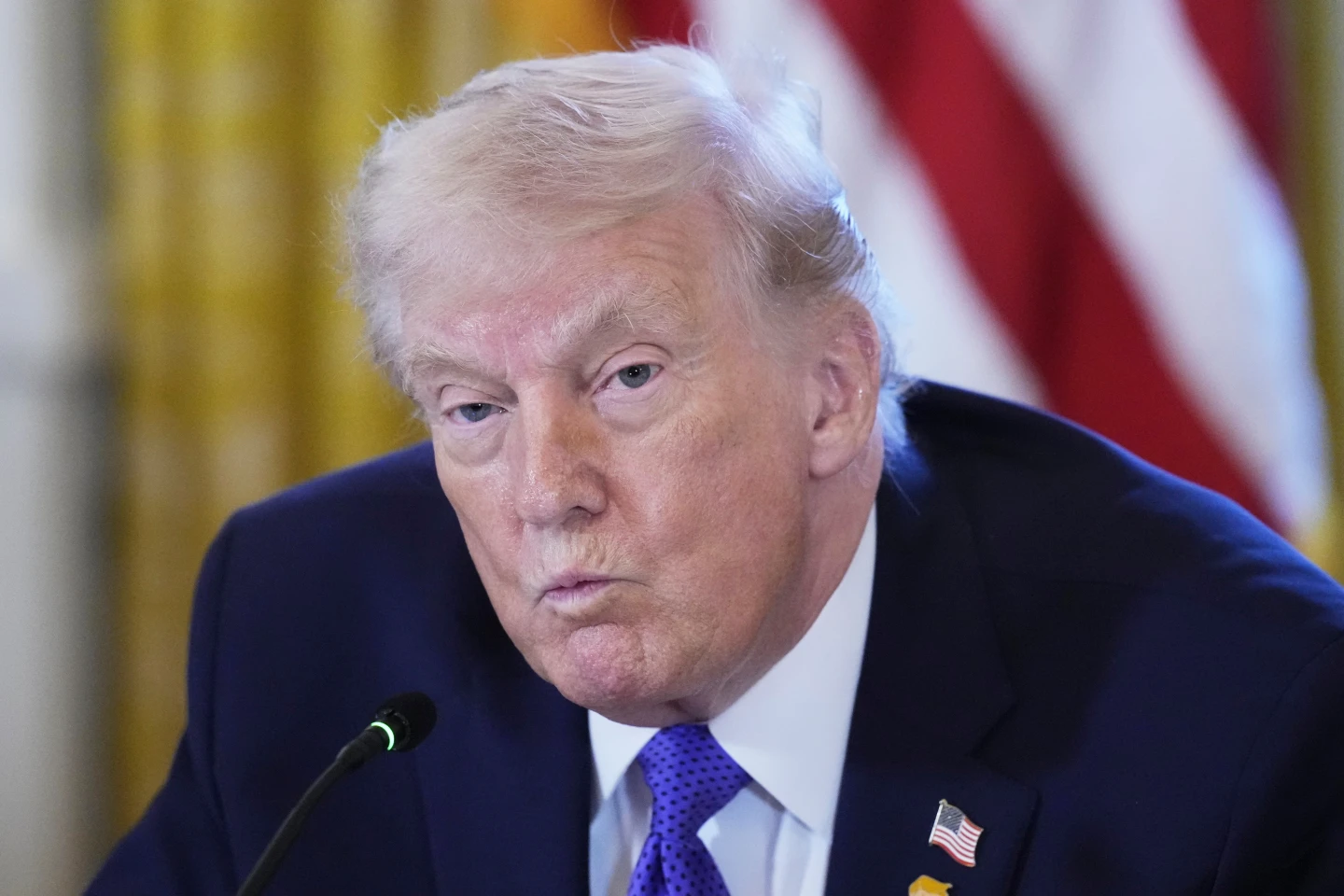
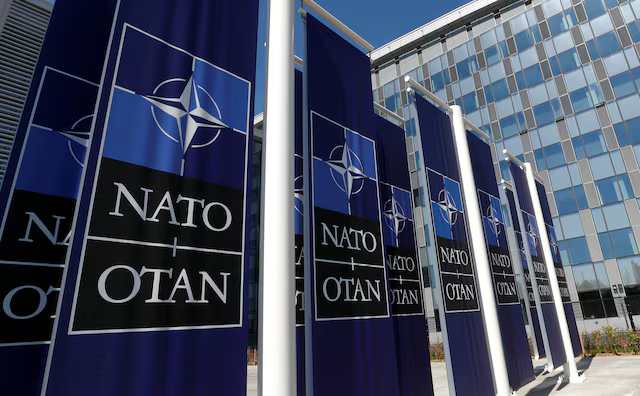

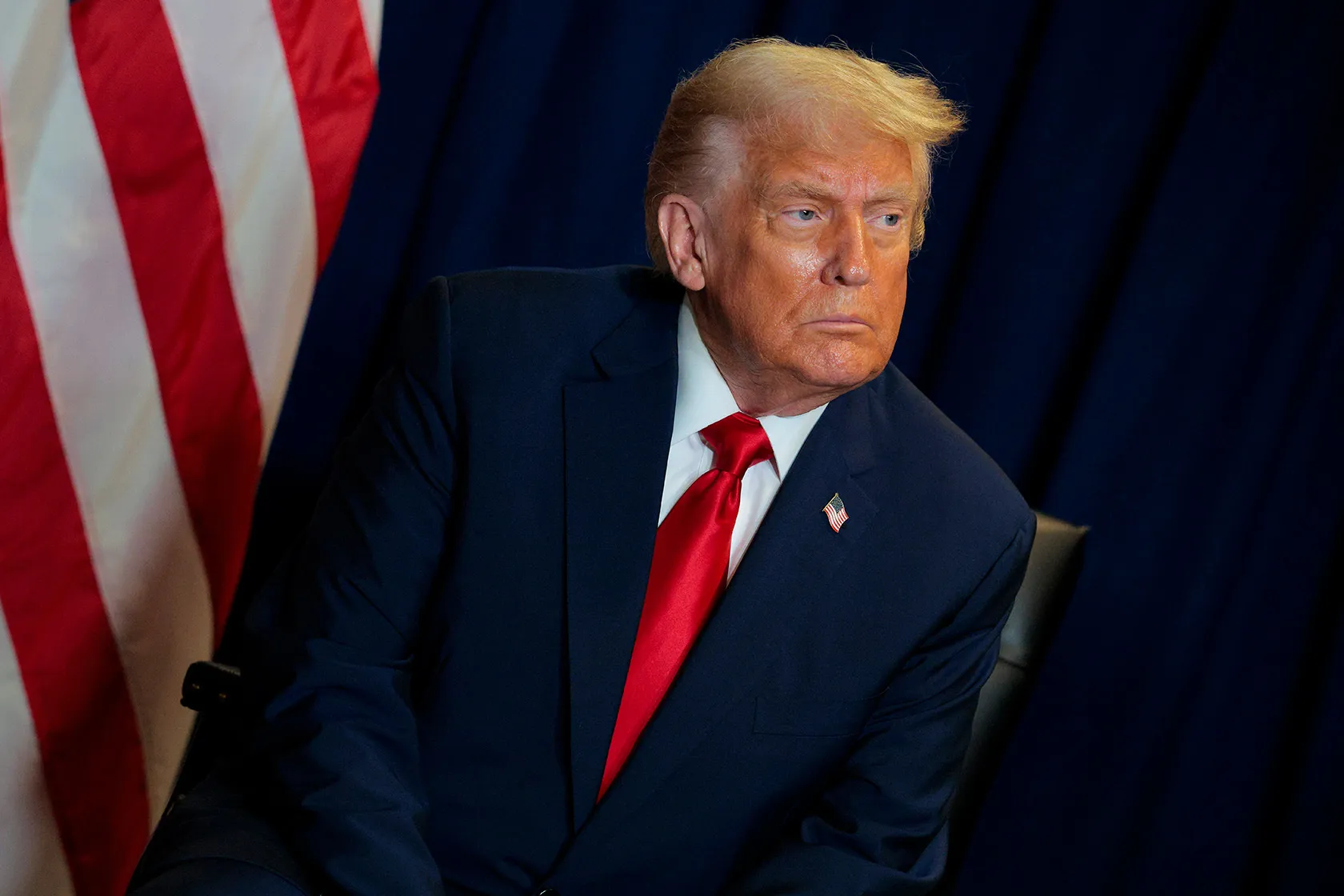
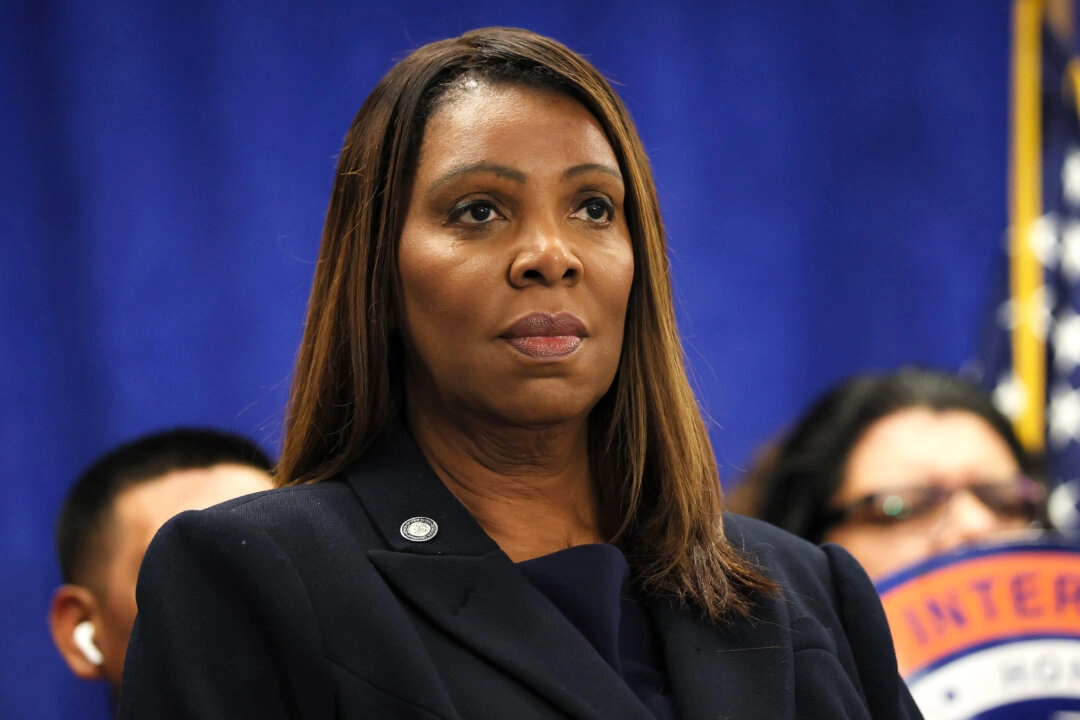

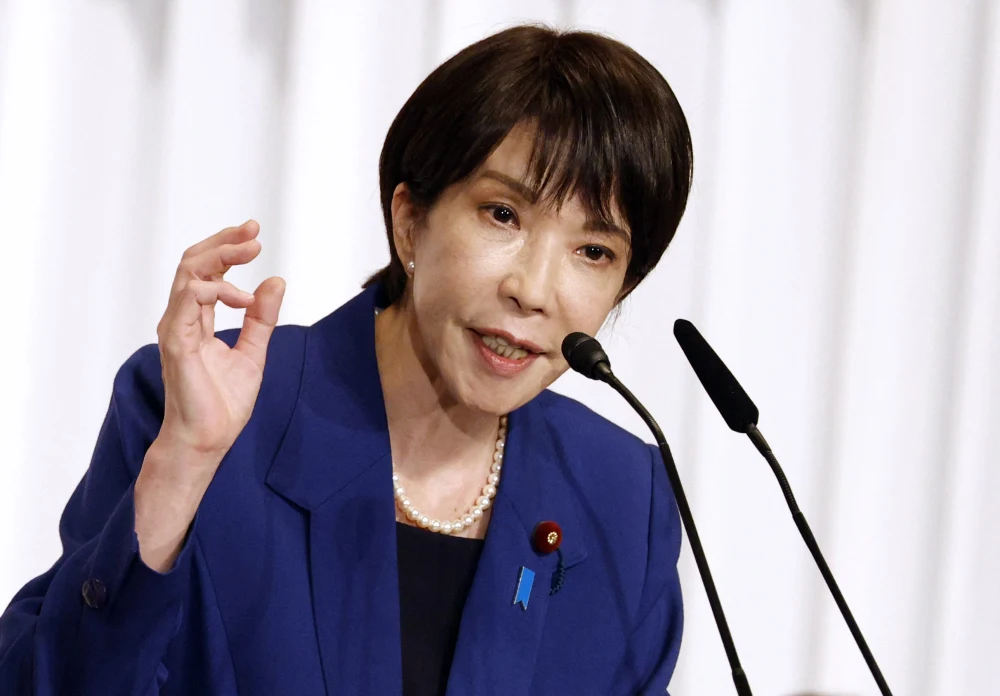
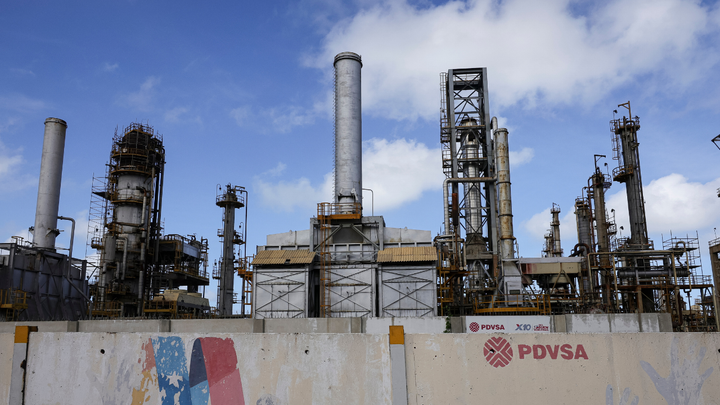
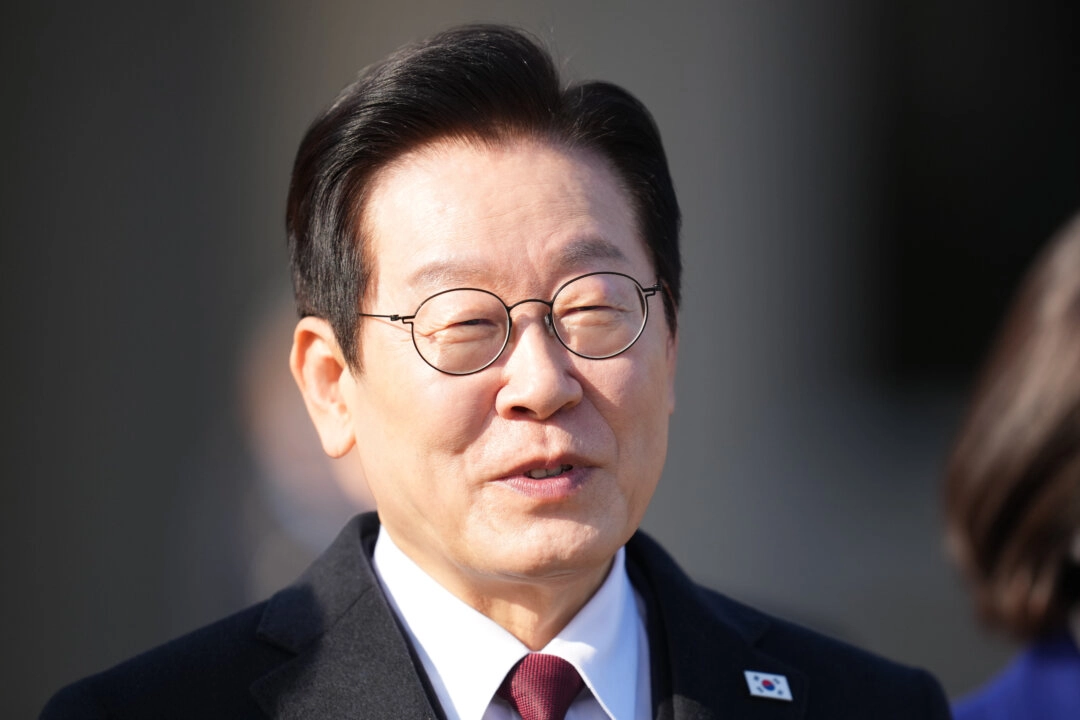
Discussion